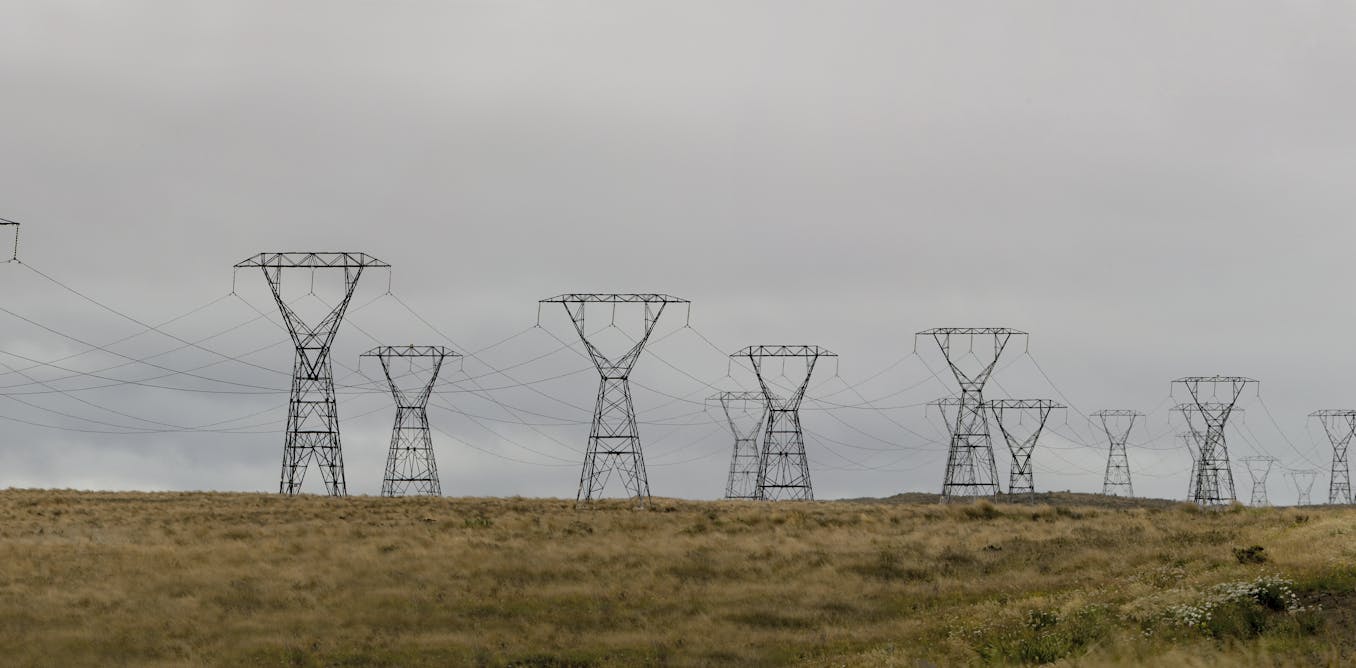Business
Rethinking Electricity Market Competition for Better Pricing

Efforts to enhance competition in electricity markets may need a significant reevaluation. Current strategies prioritize increasing consumer choice and encouraging retail competition, yet this approach may inadvertently weaken market dynamics rather than improve them.
The prevailing notion suggests that promoting competition will lower electricity prices and enhance investment security. Politicians often endorse this view as a quick solution when prices rise. By empowering regulators and competition authorities to tackle perceived barriers to competition, leaders aim to create an environment where consumers can freely switch providers and save money. Yet, many consumers remain hesitant to change retailers, even when potential savings reach hundreds of dollars annually. This reluctance is viewed as a barrier to competition, prompting regulators to advocate for price comparison services to entice customers.
Standalone retailers frequently argue they face challenges accessing generation from larger firms known as “gentailers,” which combine electricity generation and retailing. They contend that if they had equitable access, they could foster competition by attracting more customers. Proposed solutions include lobbying for the breakup of gentailers or enforcing regulations that require these companies to supply standalone retailers under the same conditions as their own retail divisions.
Misidentifying the root causes of sluggish competition could lead to misguided solutions. Rather than attributing the lack of competition to insufficient customer switching and entry barriers, it is essential to consider that excessive competition may be the issue.
The Case Against Market Separation
For gentailers, such as New Zealand’s Mercury, Meridian, Contact, and Genesis, to face stiffer competition, the market may require either an increase in the number of gentailers or alternative methods to replicate the advantages of gentailing. These benefits include effectively managing risks associated with volatile wholesale prices and consolidating profit margins, which ultimately leads to more stable retail pricing.
Separating generation from retailing may not yield the desired outcomes of lower prices and enhanced investment. The risk is that standalone generators and retailers struggle to replicate gentailers’ advantages through long-term contracts. Generators require substantial investment costs to be recovered over time, necessitating long-term revenue security. However, standalone retailers cannot provide credible long-term contracts without risking customer loss to new entrants when wholesale prices drop.
This uncertainty deters generators from entering long-term contracts with standalone retailers, resulting in diminished investment and competition in the market.
Encouraging Sustainable Competition
To address these challenges, the focus should shift towards eliminating transient retail entries. One approach could involve making it more difficult for customers to switch retailers when wholesale prices fall below the level of long-term contracts. Implementing mandatory long-term retail contracts could provide stability for both retailers and generators.
Additionally, new retailers might be required to establish their own generation capabilities or secure long-term supply contracts with generators. This could create a more sustainable market entry for retailers, as they would not face the risk of sudden competition undermining their contracts.
Addressing the current uncertainty around long-term contracting would benefit both generators and retailers. By fostering a more reliable environment for long-term agreements, gentailers would face more robust competition, ultimately benefiting consumers through better pricing and service offerings.
Richard Meade, who was funded in 2021 by an industry body representing New Zealand electricity retailers to investigate the economic literature on vertical integration versus separation in electricity sectors, submitted his findings to the Electricity Authority in 2025. His recommendations aim to encourage durable competition that supports investment in both generation and innovative retail services.
By shifting focus away from promoting ineffective forms of competition and towards fostering a more sustainable market structure, electricity markets can become more competitive and resilient, ultimately benefiting consumers.
-

 World2 weeks ago
World2 weeks agoPrivate Funeral Held for Dean Field and His Three Children
-

 Top Stories2 weeks ago
Top Stories2 weeks agoFuneral Planned for Field Siblings After Tragic House Fire
-

 Sports3 months ago
Sports3 months agoNetball New Zealand Stands Down Dame Noeline Taurua for Series
-

 Entertainment3 months ago
Entertainment3 months agoTributes Pour In for Lachlan Rofe, Reality Star, Dead at 47
-

 Entertainment2 months ago
Entertainment2 months agoNew ‘Maverick’ Chaser Joins Beat the Chasers Season Finale
-

 Sports3 months ago
Sports3 months agoSilver Ferns Legend Laura Langman Criticizes Team’s Attitude
-

 Sports1 month ago
Sports1 month agoEli Katoa Rushed to Hospital After Sideline Incident During Match
-

 World3 weeks ago
World3 weeks agoInvestigation Underway in Tragic Sanson House Fire Involving Family
-

 Politics2 months ago
Politics2 months agoNetball NZ Calls for Respect Amid Dame Taurua’s Standoff
-

 Top Stories2 weeks ago
Top Stories2 weeks agoShock and Grief Follow Tragic Family Deaths in New Zealand
-

 Entertainment3 months ago
Entertainment3 months agoKhloe Kardashian Embraces Innovative Stem Cell Therapy in Mexico
-

 World4 months ago
World4 months agoPolice Arrest Multiple Individuals During Funeral for Zain Taikato-Fox









